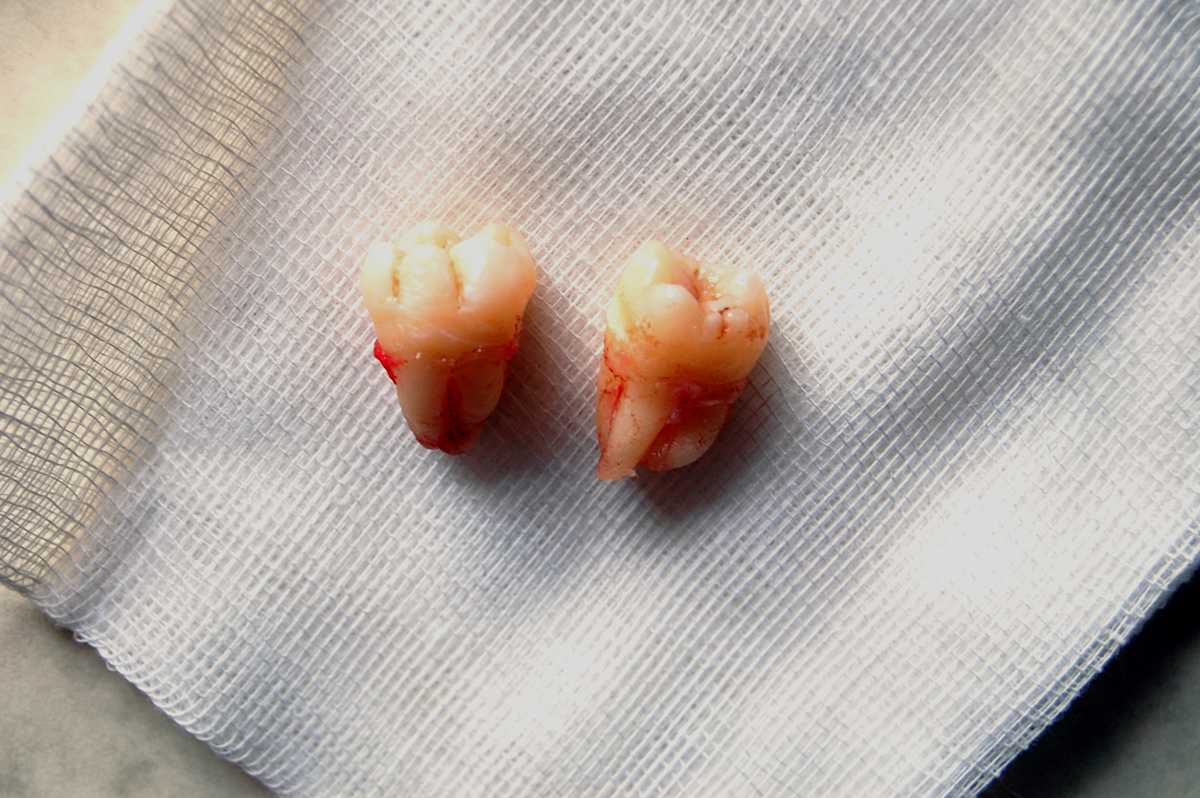
Wisdom teeth
In some cases, one or all wisdom teeth have to be removed. This happens fairly often, because wisdom teeth are known to cause complications. For example, when they start coming out, the jaw is not big enough to accommodate them and they may become impacted. Sometimes they are not able to break through the gums, or they grow at an awkward angle.
If a wisdom tooth does not break out completely, a flap of gums may form over it. That flap is susceptible to bacteria and other harmful agents and it may become a source of infection.
Complications of impacted teeth include infection, damage to the other teeth or to the bone, or cysts.
Wisdom tooth extraction
Extraction of wisdom teeth is done by an oral or maxillofacial surgeon, but sometimes a dentist can do it too. It can be done at the dentist’s office or in a hospital.
Surgery is usually done with local anesthetic, but in procedures which involve extraction of all wisdom teeth, the patient is unusually under total anesthesia.
Patients are advised not to eat or drink after midnight before the surgery. If there are any infections, the procedure is delayed until they clear.
In this procedure, the surgeon makes an incision in the gums in order to reach the tooth. He or she may also scrape and remove bone covering the tooth. This is followed by separation of the connective tissues from the tooth and the extraction of the tooth. Sometimes the tooth needs to be broken into smaller fragments so it can be pulled out more easily.
The incision is closed up with stitches. Some stitches dissolve over time and others need to be removed by the dentist, although some can fall out by themselves.
Recovery
Some pain and discomfort are to be expected as the anesthetic wears off. There will also be some bleeding. The surgeon or dentist will place a cotton pad on the wound to stop bleeding and the patient is supposed to bite gently on it and replace it when it is soaked during the first day. Blood clot will soon start to form and the bleeding will subside. If, however, the bleeding is still heavy after the first day, the patient should contact the surgeon or the dentist.
It is recommended to avoid hot, very cold, spicy or fatty foods in the first few days. Foods are supposed to be soft, like jelly, mashed potatoes, baby food, and similar. It is not recommended to smoke or drink with a straw because the suction may dislodge the clot.
Over-the-counter pain relievers are recommended for pain, anything except Aspirin, because it promotes bleeding. Ice packs can be used to reduce swelling.


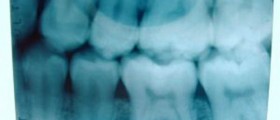

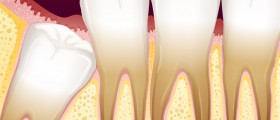

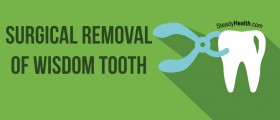
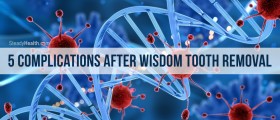
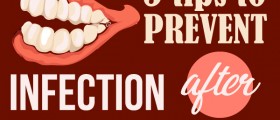


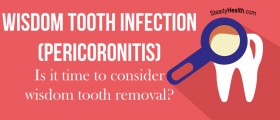


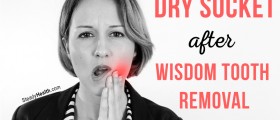

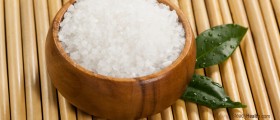
Your thoughts on this
Loading...